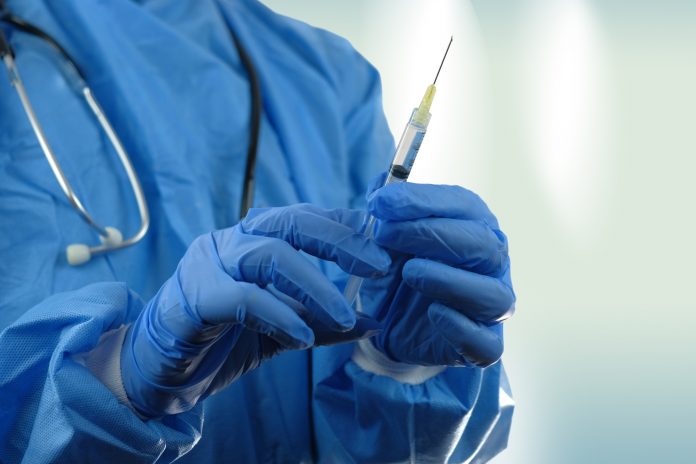McLean Hospital’s Clinical and Translational Pain Research Laboratory is one of five institutions splitting a $1.67 million NIH grant – the research will examine any links between the menstrual cycle and the COVID vaccine
Currently, anecdotal stories are cropping up across vaccinated populations. When it comes to those who experience a menstrual cycle, the COVID vaccine appears to be shifting timelines or creating heavier flows.
Does the vaccine permanently change your period?
The short answer is no.
According to Victoria Male, lecturer in reproductive immunology: “Most people who report a change to their period after vaccination find that it returns to normal the following cycle and, importantly, there is no evidence that covid-19 vaccination adversely affects fertility.”
She further highlights data that suggests individuals became pregnant, during the vaccine trials. So, there is plenty of real-world evidence that the vaccine does not harm fertility – what other kind of impact can it have on the menstrual cycle?
What is the connection between periods and vaccines?
The menstrual cycle is a complex dance of hormones and organs, with factors like contraception, stress and COVID infection changing the experience a person can expect. With the vaccine, there is some belief that the interaction between immune cells and the uterus could create temporary changes.
Dr Laura Payne, director of McLean Hospital, said: “In many areas of health research, we don’t often study the menstrual cycle. We don’t acknowledge the potential role that hormonal changes reproductive-age women go through could have on outcomes.”
Menstruation is not a prominent part of the public health conversation. Scientists, earlier this year, found that tear gas has a significant impact on the menstrual cycle – despite this, Governments deploy the substance on their own populations.
New research will focus on adolescent girls
The NIH grant, worth $1.67 million overall, will be used to formulate research that answers this question. The team at McLean Hospital will look at how long it takes for a period to go back to normal, what exact changes happen post-vaccination, and what this means for vaccine research in the future – with a focus on the cycles of adolescent girls, aged between 14-18.
The team will use saliva samples to establish antibody levels, post-vaccine. Dr Payne has been working on menstrual pain for over 10 years.
Dr Payne further said: “I think it’s fantastic that NICHD is supporting this research and decided to make a special call to look at an important area that wasn’t part of the vaccines’ clinical trials.”











